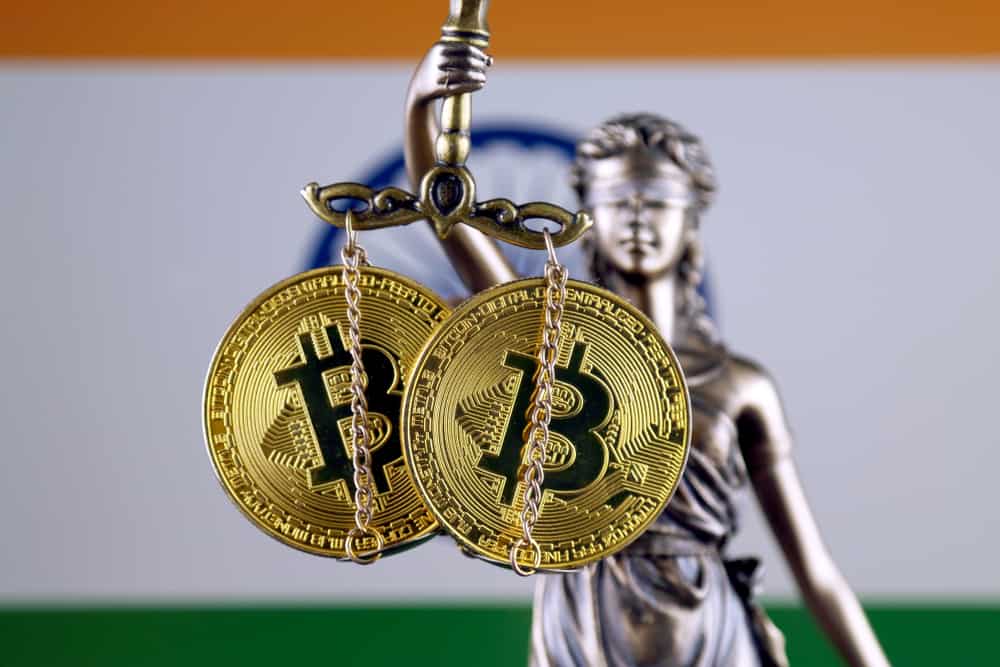Economic Times, on Tuesday, quoted Cogencis in a tweet, which revealed that an Indian government panel does not favor a ban on cryptocurrencies. Instead, the government will allow trading with a few riders but the details of which remain hidden.
On the other hand, the central bank has, in principle, admitted that its surprise move to ban banking for crypto businesses was ill-advised. This has brought a wave of joy to Indian crypto traders and businesses that were hampered in April due to strangulating policies.
India Mulls Crypto Trading Policies
The Economic Times (@ETNOWLIVE) tweeted about the sentiments of a government panel on digital currencies. The tweet read:
“SOURCES | Govt panel not in favor of banning cryptocurrency. Govt panel may suggest allowing cryptocurrency with riders: Cogencis.”
No details about the “riders” were furnished with the tweet. Last month, Bloomberg Quint reported that the government might classify cryptocurrencies at par with software products and add an 18% Goods and Services Tax (GST) on these transactions. The Central Board of Indirect Taxes and Customs is finalizing this policy draft, which will be tabled to the GST Council on completion.
It quoted government sources close to the matter who revealed that the Department of Economic Affairs wants to tax and regulate the virtual coins. Investigative agencies, on the other hand, are demanding a complete ban owing to the anonymous nature of these currencies and their use in illegal activities.
RBI Finds Its Ban Ill-advised in Hindsight
On April 6, the Reserve Bank of India issued a surprise notice titled “Prohibition on dealing in virtual currencies,” which prohibited banks and other regulated financial companies including e-wallet providers to withdraw support for crypto entities in the country.
The crypto exchanges went to the Supreme Court to challenge the notice. This case is scheduled for a hearing on July 20.
Varun Sethi, who is a New Delhi-based lawyer, filed an RTI or Right to Information application to the central bank seeking answers to their move. The request was submitted in April, and a reply was received on May 09.
Sethi has made the contents of this letter public on June 12. He explained:
“It seems as if the ban was arbitrary and it came into effect without any thought from the RBI. It has either answered in the negative or given conflicting answers to our questions asking what led to this ban.”
Sethi plans to file another RTI application and meet the central bank officials to seek an explanation. Failing this, he may file a PIL (Public Interest Litigation) with the apex court to make the RBI provide details related to its motivation to ring-fence the crypto sector which has over 3 million users.






